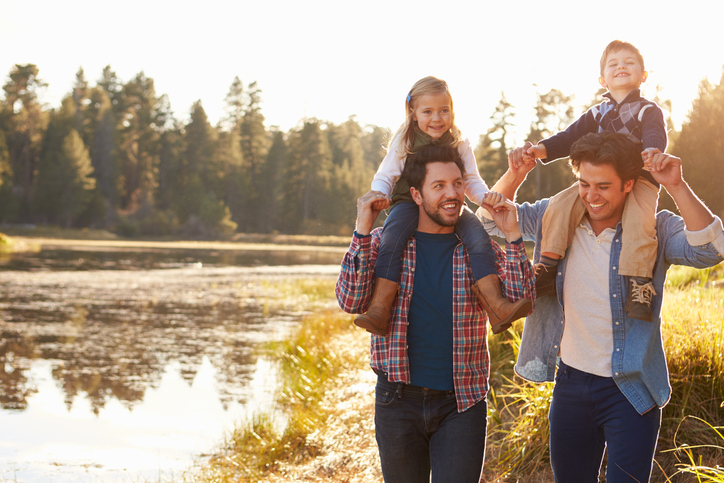We need to talk…about water


Lia Moutselou, Senior Leader, Welsh Policy
Lia Moutselou – Wales Policy Lead at CCW – explains why water should be part of the conversation during Wales Climate Change Week.
The other day I was reading a popular article about four things we can do to reduce our carbon footprint opens in new window. I love climate change discussions that give us tangible things to reflect and act on, don’t you? Like the remarkable young activist Bella Lack says ‘What’s the alternative? To give up?’ opens in new window.
The article I am referring to was originally written in 2021 and was recently updated. I’d hoped after this summer’s record-breaking dry weather and drought, a meaningful call to action relating to water would be added – but it wasn’t.
On the same day, I was registering for the amazing events organised in Wales for Climate Change Week starting today (21 November) opens in new window. Again, water seemed to have slipped through the cracks.
Water is our most precious natural resource and many climate change impacts will be felt through it. It is heavy to move around and is cleaned before and after use through processes consuming large amounts of energy and other resources. The production of water supplies for us at home requires a lot of energy, bringing carbon emissions for average hot water use at home to around 18% of a household’s energy use.
Ensuring there is enough water for us and nature is also a constant balancing act.
I love the emphasis put on social and environmental justice in Wales – reflected in the fact we have two Climate Change Ministers, a Net Zero Plan for carbon emission reduction, as well as coordinated action to tackle poverty and emerging climate change inequalities.
So why don’t we talk more about water given its significance?
We need to make sure it’s part of the climate change conversation – and here are 5 ways we can all play our part through our own actions.
Take shorter showers and save water
A family of four can save over £700 a year when they reduce their hot showers from 10 to 5 minutes. You’ll also reduce your carbon footprint and water consumption. Small meaningful personal changes can make a big impact on Wales’ carbon emissions and demand for water.
Trial a water meter
Some households find they can cut their water bills by switching to a water meter – and it also gives you an extra incentive to use water wisely. Use our water meter calculator to see if you might save.
Use a forever-refillable water bottle
Instead of buying bottled water – which increases plastic pollution and your carbon footprint – turn to the tap. With so many refill stations across Wales and England opens in new window you can keep topping up your water without burning a hole in your pocket.
Talk, walk, think water
It is hard to understand and explain why we need to save water when there seems to be so much rain in Wales. Simply put – the weather patterns have changed (as we explain in a previous climate change action blog). Wales does not have unlimited storage of groundwater. Nature and farming also require water, and increasing temperatures mean that water stored in reservoirs evaporates faster throughout the year. To raise awareness on water:
- Listen to and share our Waterfall podcast to reflect on what you and your community or business can do.
- Take a walk by water using our Walking with Water project resources opens in new window to think about what water means to you.
- Watch and share our recent drought video opens in new window on why saving water is important throughout seasons. Even during winter!
Flush nothing but toilet paper
Make sure you don’t pour fat, oil and grease down the drain. The damage that can be done to your property and the natural environment through blockages is immense. In addition to the potential to increase sewer flooding, the climate change impact of dealing with blockages through clean up action and the maintenance costs associated with this are huge, and could affect your future bills.
Finally – keep the conversation flowing by asking CCW, your water company, politicians and the government questions about water.


